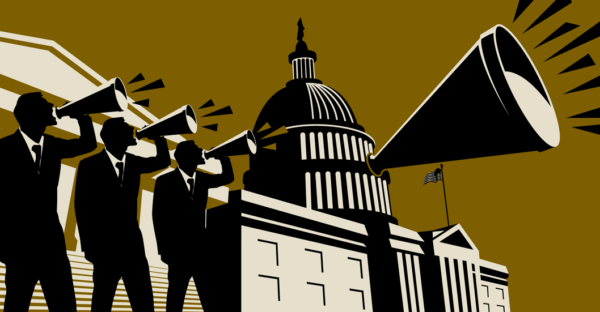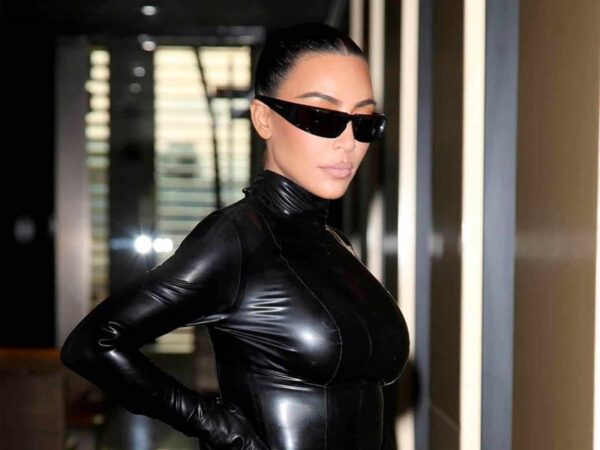
FOUR Pieces of Misinformation on Climate Change and the Experts Fighting it on TikTok
Climate change wasn’t widely recognised as an issue years ago but has now become impossible to deny, with the latest data suggesting 2024 could outrank 2023 as the hottest year since records began, pushing temperatures to unprecedented highs.

One industry which has been severely affected is the snowsports industry with records demonstrating a 5.6% decrease in alpine snow cover each decade since the 1970s.
Gary Clark, Academy Director at snowsports business: SIA Austria, comments: “Climate change is undeniable, and its consequences for snow sports are already apparent. We’re seeing rising global temperatures leading to less snowfall and shorter ski seasons. Warmer winters result in more rain at higher elevations, which melts the existing snowpack and reduces the window for skiing opportunities.”
And yet, misinformation about climate change continues to spread rapidly, with 15% of Americans denying it’s even real. To address this, a growing number of scientists are leveraging TikTok to boost literacy on climate change and debunk some common myths.
Gap year ski season course providers, SIA Austria, explore common pieces of climate change misinformation being spread and how various scientific experts are taking to TikTok to fight it.
Myth: Climate change is a conspiracy theory
Some claim climate change is not real and is not a product of human activities but merely a conspiracy theory to control people and economies.
Myth Buster: Doug McNeill (@dougmcneall). A climate scientist at the UK Met Office and lecturer at the University of Exeter, McNeill uses his platform to educate climate literacy, answer climate change-related questions and fight misinformation.
From how human activity has warmed the globe over the last century and a half, to why stopping burning fossil fuels is crucial if we want to stop global warming, all his videos are backed up with scientific data and research.
Myth: Global warming has stopped
Another common assertion is that global warming has paused or ceased over the last decade.
Myth Buster: Peter Neff (@icy_pete). A glaciologist and climate scientist, Peter is an assistant professor at the University of Minnesota. He uses his TikTok to raise awareness about climate change, environmental chemistry and the global impacts of Antarctica through climate dynamics and sea level rise.
Myth: Extreme Weather Events are Not Linked to Climate Change
Some also argue that extreme weather events like wildfires or hurricanes are natural and not connected to climate change.
Myth Buster: Alaina Wood (@thegarbagequeen). Sustainability scientist, also known as “The Garbage Queen” on TikTok, Alaina breaks down sustainability issues, studies and advances with her own unique blend of humour and science. From debunking myths to calling for the urgent need for policy changes, she is a climate optimist spreading positivity while educating and raising awareness on climate change.
Myth: CO2 is Not a Pollutant
Some claim that CO2 is not a pollutant and is even beneficial for plant growth.
Myth Buster: Peter Kalmus (@climatehuman). The NASA climate scientist and writer uses his platform to inspire young people to become climate change activists. His most viral video to date shows him locked to the gates, delivering a speech to protest about carbon dioxide (CO2) emissions from private jets.
Conclusion
While finding ways to fight climate change takes time, and there’s no quick fix, acknowledging it and the consequences it’s already having on our planet is crucial.
That is why the role of credible experts on platforms like TikTok has become increasingly vital. By providing accurate, engaging, and accessible information, these experts are not only debunking myths and misinformation but also empowering their audience to understand and act on climate issues.














































